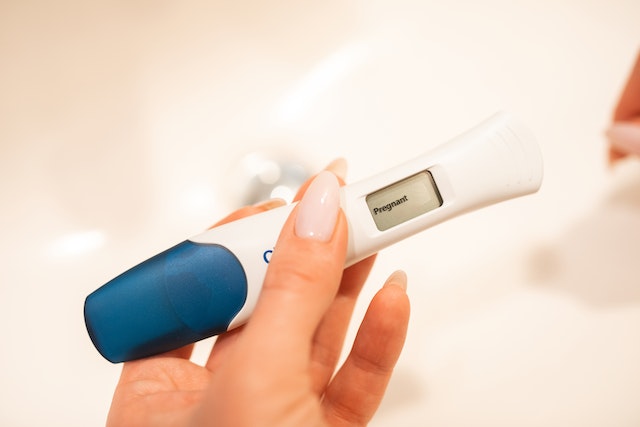Water breaking is associated with the breaking of the amniotic sac, before the birth of a baby. The amniotic fluidis the liquid that surrounds the unborn baby during pregnancy. The fetus floats in this fluid. This fluid also does the work of cushioning the fetus and it keeps increasing as the pregnancy progresses. The amount of amniotic fluid reaches it’s highest point in about 36 weeks and it’s levels can be measured through an ultrasound. At the beginning of or during labor the membranes tear and amniotic fluid starts trickling. This process is termed as ‘water breaking’.
Symptoms of water leakage during pregnancy
The leaking does not stop: When the water breaks it is uncontrollable and keeps flowing. The quantity depends on whether it is a tear or a rupture. It might be like a gush of warm fluid or gradual trickle from the vagina.
Fluid is colorless, odorless: The liquid is without any smell and clear. Sometimes it may have traces of blood or mucus.
You can detect pressure: When the water breaks pressure is felt followed by leakage. At times when it breaks in a gush a popping sound is heard.
It is thin and watery: It is not thick and sticky. Women mistake it with vaginal discharge which looks like clear or milky white mucus. Amniotic fluid is watery and thin.
It doesn’t smell like ammonia: Water breaking should not be confused with leaking urine. Urine has a pungent smell like ammonia, is yellowish in color while amniotic fluid is odorless and colorless.
Measures to be taken when water breaks
When one experiences signs of water breaking immediately check in with the doctor or midwife. However a pregnant woman should proceed towards the hospital in the following circumstances:
1. If the water breaks before 37 weeks of pregnancy – this stage is called premature rupture of the membranes (PROM), the doctor might delay labor to give more time to the baby in womb to fully develop.
2. When the amniotic fluid smells foul, looks greenish or brownish or contains lots of blood – this indicates that the fetus has passed first bowel movement. In such a case the doctor will check the condition of the baby and then take a decision.
3. When the water breaks but contractions haven’t started within 24 hours of leakage – if the water leaks before the delivery, there is a chance of infection that can be harmful for the baby. If the water breaks but labor doesn’t progress the doctor might give antibiotics to prevent the spread of infection. The doctor can also induce labor to prevent infection.
Your water usually when breaks when you have reached 39 weeks of your pregnancy. Water breaking is necessary for the process of delivery to begin. Most importantly if you have any problems in determining whether your water has broken, contact your healthcare provider.











